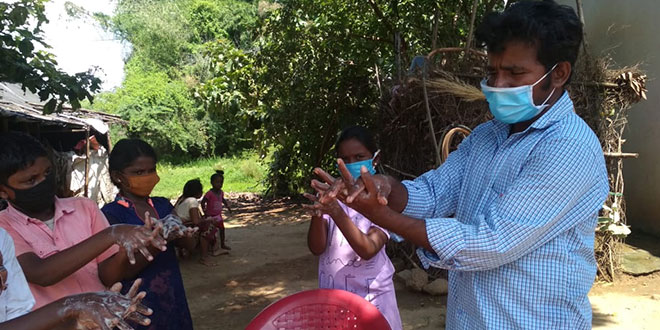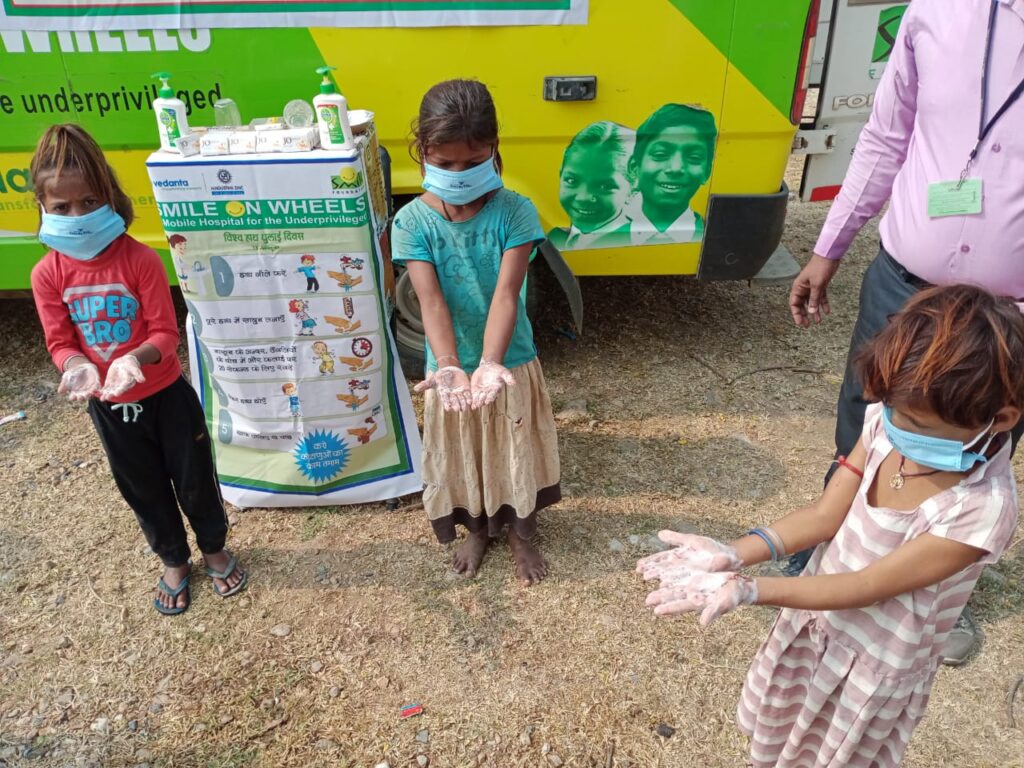In the pursuit of better public health, few tools are as powerful, cost-effective, and long-lasting as education. While medicine treats illness, education prevents it. Particularly in the case of common infectious and non-communicable diseases, health education provided early and often can determine whether children and their families thrive or survive. For millions across India, especially in low-resource and rural communities, education has the potential to be the first line of defence against disease.
Education and health: An interconnected reality for preventing common diseases
Health and education are deeply intertwined, influencing not only individual well-being but the development trajectory of entire nations. As two of the Sustainable Development Goals (SDG 3: Good Health and Well-Being and SDG 4: Quality Education), their alignment is both urgent and necessary. Individuals with higher levels of education tend to have better health outcomes, longer lifespans, and greater access to preventive care. A 2020 study published in The Lancet Public Health found that each additional year of education reduces the risk of early mortality by 2%. More educated adults are also less likely to smoke, more likely to exercise, and better able to understand health information.

This linkage is especially critical for women. Educated women are significantly more likely to seek maternal care, follow immunisation schedules for their children, and access early treatment for illnesses. Education, therefore, does not only benefit the individual but reshapes the health outlook for entire families and communities.
The school as a health enabler for preventing common diseases
Schools, where children spend the majority of their formative years, are natural platforms for delivering health education. They are not just spaces of academic learning but of behavioural formation. When integrated thoughtfully, school-based health education helps inculcate habits that leads to preventing common diseases and supporting lifelong well-being.
Key areas where schools contribute include:
- Hygiene and Sanitation: Teaching handwashing, menstrual hygiene, and safe toilet practices directly reduces the spread of diarrhoeal diseases, respiratory infections, and skin conditions.
- Nutrition and Physical Activity: Schools that promote healthy eating and physical activity can counter rising childhood obesity, undernutrition, and associated risks like diabetes.
- Mental Health Awareness: Adolescence is often when early signs of mental illness appear. School counselling, peer support groups, and social-emotional learning (SEL) can reduce stigma and provide crucial early support.
- Sexual and Reproductive Health: Comprehensive sexuality education helps prevent adolescent pregnancies and sexually transmitted infections (STIs) while encouraging informed, respectful relationships.
By embedding these themes into daily routines and learning environments, schools can function as health equalizers, particularly in disadvantaged areas.
Preventing common diseases through understanding
Children are particularly vulnerable to infectious diseases such as the flu, measles, chickenpox, and diarrhoea due to developing immune systems and frequent close contact in shared spaces. These diseases often spread through airborne droplets, contaminated surfaces, or poor sanitation. Education empowers children to recognise symptoms, understand transmission routes, and adopt preventive behaviours.
For example, hand hygiene alone can reduce the incidence of diarrhoea by up to 40%. Yet such practices are only sustained when reinforced through consistent education and supportive environments.
Bridging the health gap in underserved communities
For children in rural or low-income areas, where healthcare services are sparse or unaffordable, schools may represent the only access point to health information and support. This is where community-focused interventions become vital.
Smile Foundation exemplifies how education and health can work hand in hand to reduce disease burdens. Through integrated programmes across the country, we educate children and families about disease prevention, hygiene, nutrition, and mental health.
Smile Foundation’s health education interventions
- Mission Education: This flagship initiative not only imparts academic learning but also integrates health awareness into daily schooling. Children are taught about personal hygiene, handwashing, nutrition, and preventive practices for communicable diseases.
- Smile on Wheels: A mobile hospital programme that brings healthcare and health education to remote and urban underserved communities. It conducts regular health camps, where doctors and health educators provide treatment and awareness sessions on preventing common illnesses such as diarrhoea, dengue, and skin infections.
- WASH initiatives in schools: Smile Foundation runs behaviour change campaigns focused on Water, Sanitation and Hygiene (WASH), reinforcing hygiene through wall art, child-led hygiene clubs, and interactive sessions in schools.
- Training frontline workers: Smile also trains ASHAs, ANMs, and CHOs to become effective communicators of health information in their communities, ensuring the reach of preventive education beyond classrooms.
- Community Engagement: Health camps and awareness drives often involve parents, thereby creating a ripple effect in local communities. Smile’s model reinforces that educating one child can educate a household.

Policy alignment and national programmes
India has recognised the role of education in promoting health through national programmes such as:
- The School Health Programme under Ayushman Bharat, which designates teachers as Health and Wellness Ambassadors to promote disease prevention in classrooms.
- UNICEF’s WASH in Schools and WHO’s Global School Health Initiative, which advocate globally for improved hygiene practices and health education in learning environments.
These initiatives, combined with grassroots models like those of Smile Foundation, are essential to ensuring health equity and building community resilience.
From awareness to agency
Ultimately, education does more than inform. It empowers. A child who learns the importance of vaccination is more likely to complete immunisation schedules. A girl who understands reproductive health is better equipped to make safe decisions. A student who knows the signs of mental distress is more likely to seek help.
When communities are educated, they are not passive recipients of aid, but active participants in health governance. They demand services, hold systems accountable, and foster collective well-being.
In this light, education is not an adjunct to healthcare—it is its most foundational layer.
A call to strengthen the link
The goal of universal health coverage cannot be achieved through medical interventions alone. It must be underpinned by widespread, inclusive, and consistent health education, starting with our schools.
Investments in school health programmes, partnerships with civil society actors like Smile Foundation, and curriculum reforms that include comprehensive health education are not just good policy; they are necessary strategies to protect the health of the next generation.
In a post-pandemic world that has exposed the fragility of health systems and the power of prevention, India has a clear opportunity to place education at the heart of its public health mission.
Stay Healthy, Stay Smiling
Simple Habits for a Healthier Life
- 🧼 Wash your hands with soap before meals and after using the toilet.
- 💧 Drink clean, filtered or boiled water every day.
- 🥗 Eat fresh fruits and vegetables to boost immunity.
- 🚽 Always use a toilet—never defecate in the open.
- 🪥 Brush your teeth twice a day to keep your mouth clean.
- 🩺 Visit a doctor for check-ups and take vaccines on time.
These small steps can prevent big diseases. Let’s build healthy communities together.
Brought to you by Smile Foundation | www.smilefoundationindia.org
Sources
The Lancet Public Health (2020): Education and adult mortality, WHO Fact Sheet: Health promotion through education, UNICEF – WASH in Schools, CDC – Handwashing and Disease Prevention, WHO – Ad, olescent Mental HealthMinistry of Health & Family Welfare – Ayushman Bharat School Health Programme, Ministry of Education – Health & Wellness Ambassadors, WHO – Global School Health Initiative










